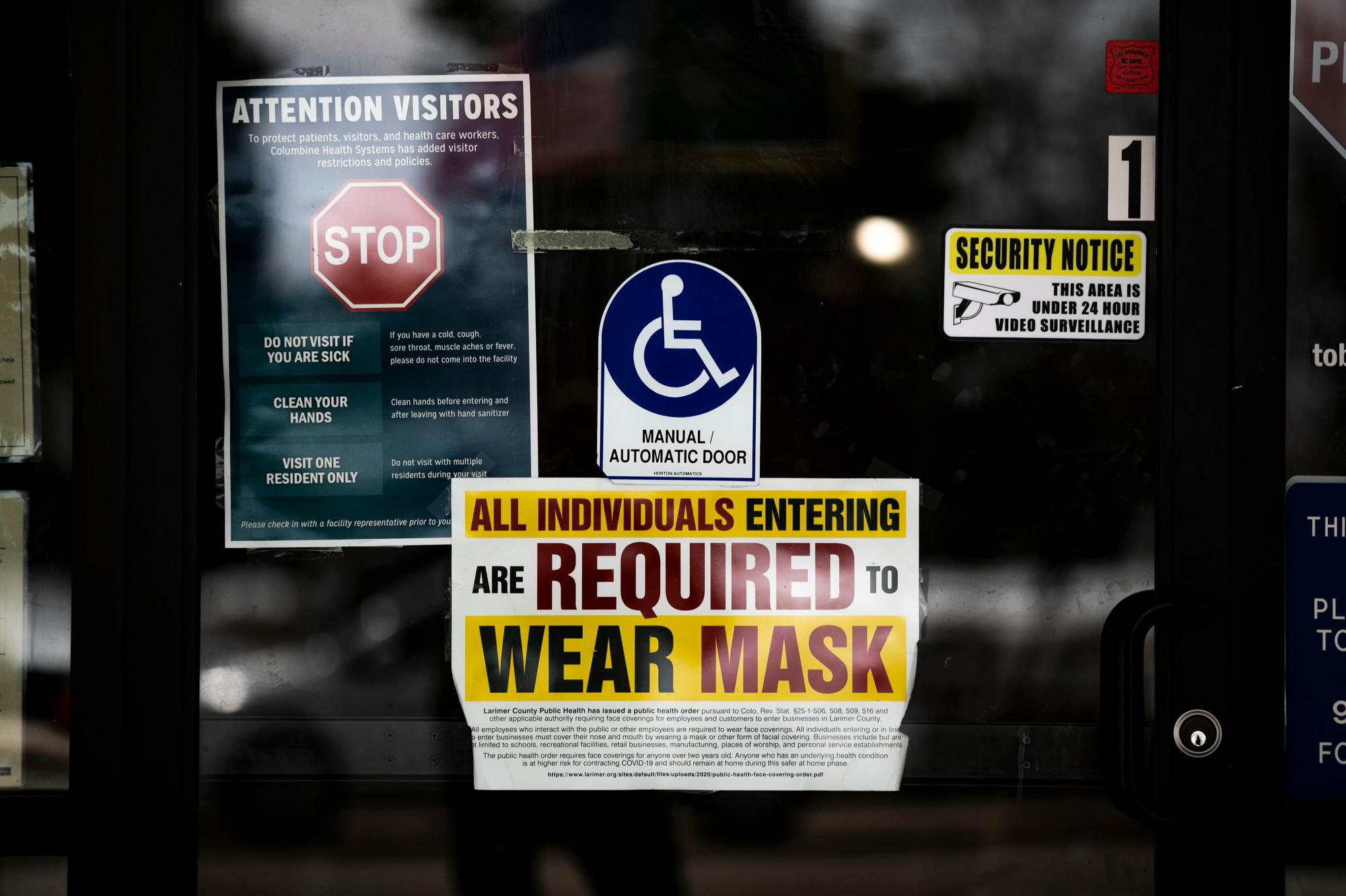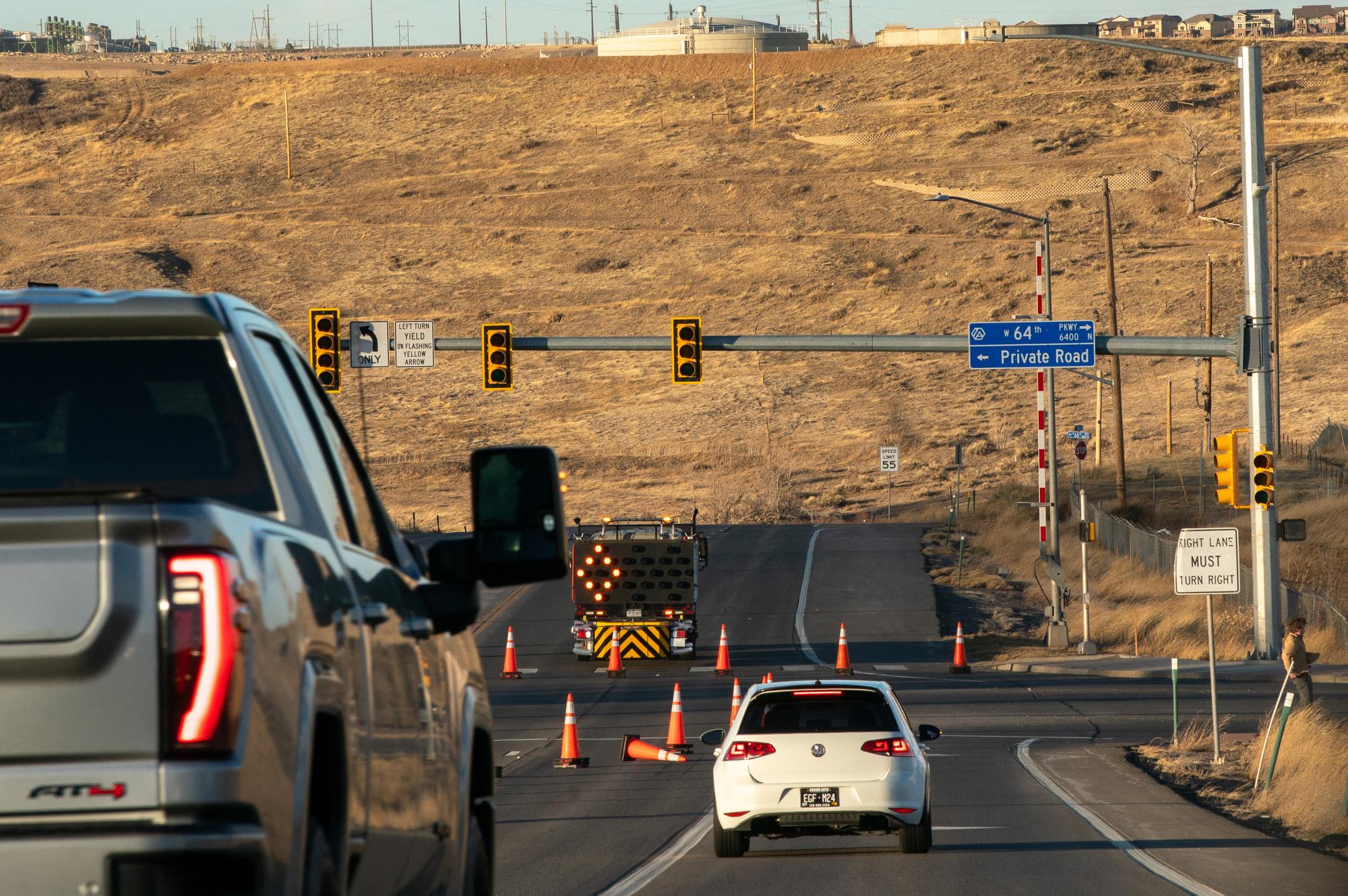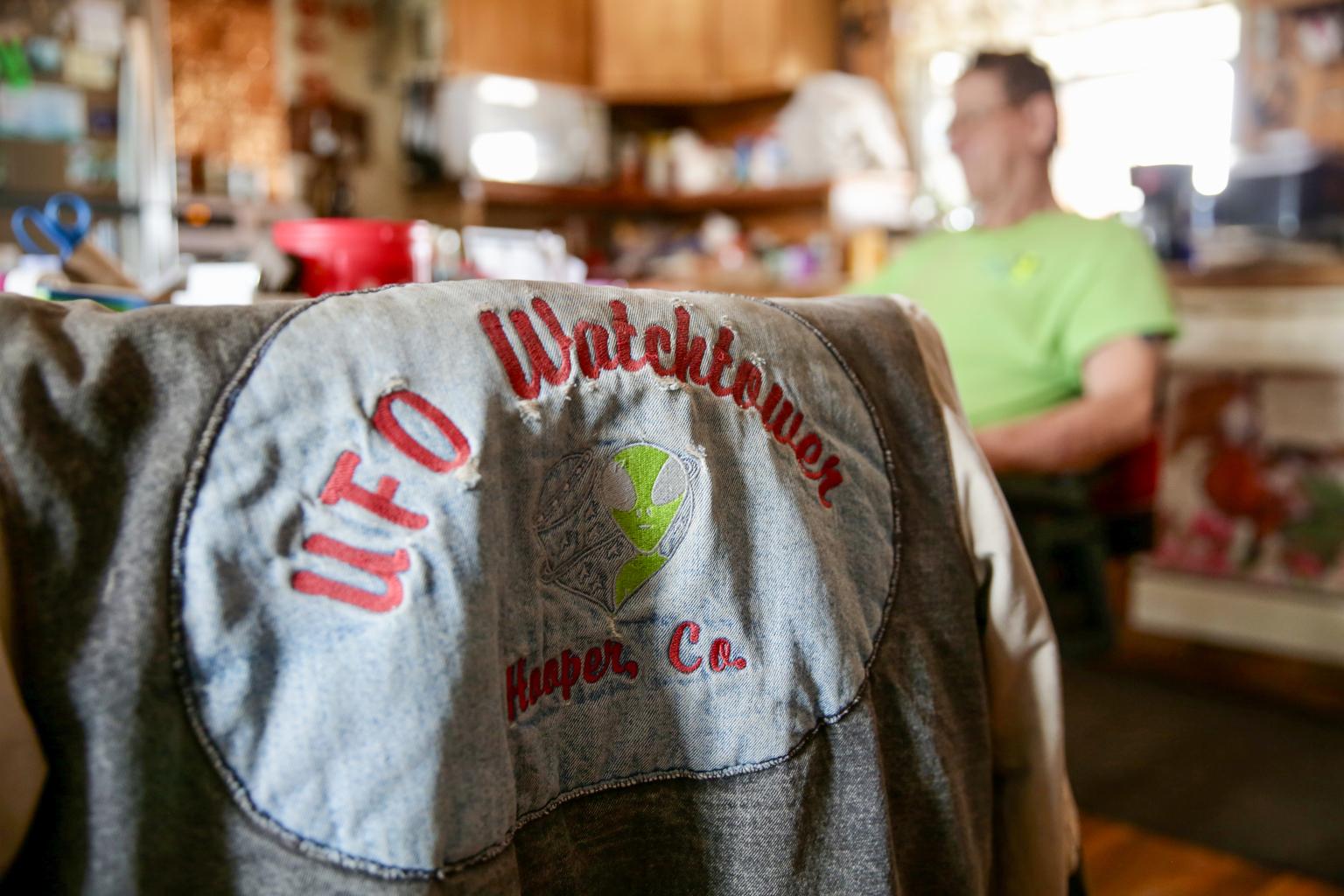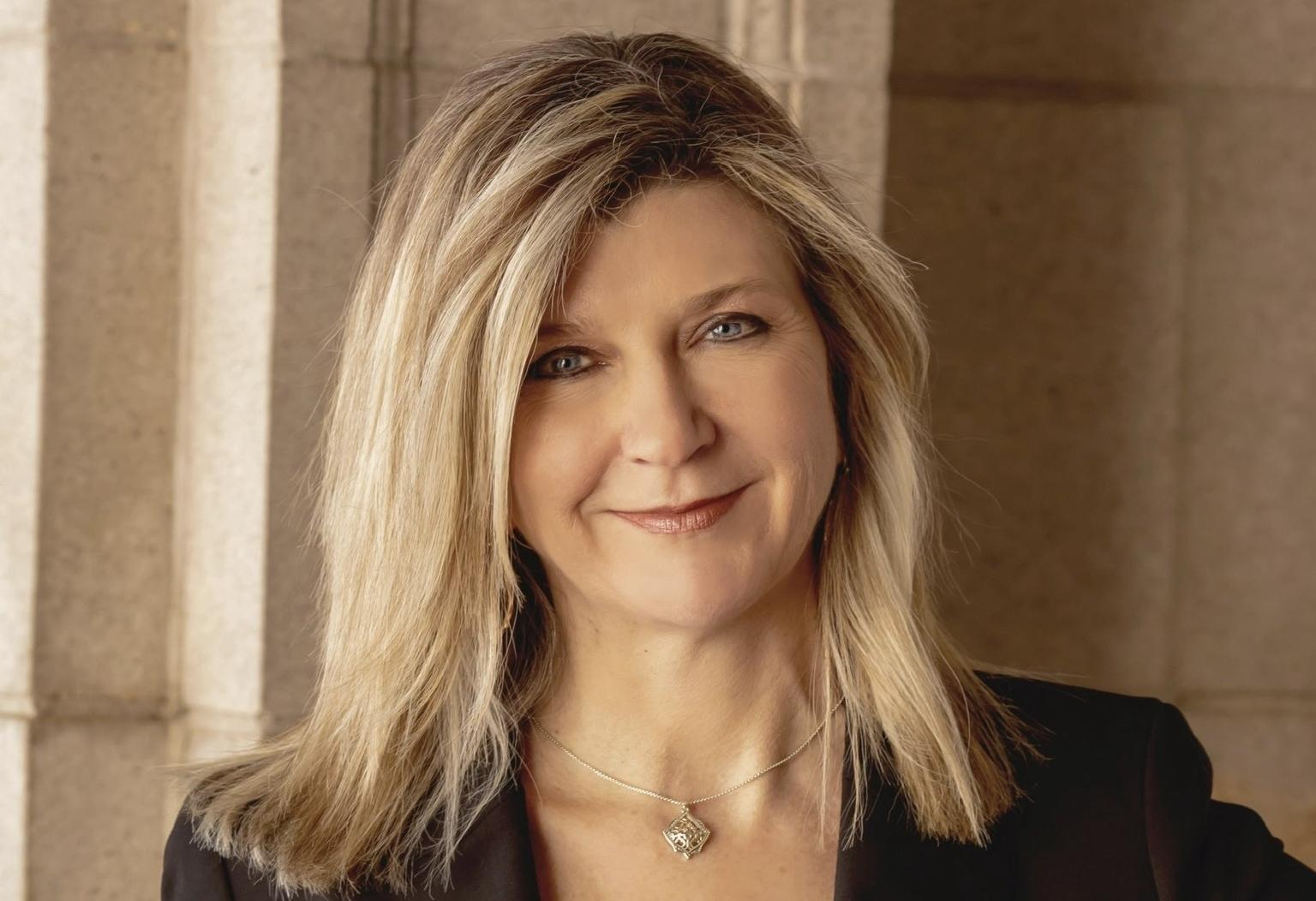
Gov. Jared Polis on Friday delivered a mixed message touting the state’s near-triumph over COVID-19 even as he warned that we may be entering a “fourth wave” of the disease driven by variants of the virus.
Cases are rising, hospitalizations are up and the 7-day average percentage of tests returning positive results has been moving in the wrong direction since March 25.
That’s all bad.
But vaccine distribution continues to go well, and deaths from COVID-19 have fallen to just more than three per day as older, more vulnerable Coloradans embrace the vaccine. Plus, large swaths of rural Colorado have been freed from most restrictions, allowing a return to near normal.
That’s all good.
The question for epidemiologists is whether the good will overtake the bad and allow all of Colorado to move past COVID-19. The answer will be known in the next two months or so, and it really depends on whether enough Coloradans choose to get vaccinated and keep their masks on while avoiding crowded indoor spaces until they have reached some level of immunity.
“This is a race against the clock with the variants that are out there,” Polis said. “It's really important now, more than ever wear a mask around others and avoid social gatherings.”
That’s proving to be a big ask as spring arrives, Coors Field reopens to big crowds and people can sense the end is near.
“I think it's the fourth and final wave with everything we know about the vaccination schedule and what's happening,” Polis said. “I don't expect there'll be a fifth wave, but that's not our concern right now. It's this fourth wave.”
Of particular concern is the arrival of a new variant, called P.1, first detected in a traveler from Brazil upon arrival in Japan. It has now spread globally, with a particular hotspot in Vancouver, British Columbia. It came to Boulder last week, has already spread to other counties, and is worrisome both because it is more contagious than previous variants, and because the effect of vaccines on it is uncertain.
“At this point, we really don't have definitive information about the P.1 variant and vaccine effectiveness,” said Dr. Rachel Herlihy, state epidemiologist. “But ... the impact to vaccine effectiveness we believe is small, and vaccines continue to be the most important way to prevent transmission of COVID-19 including these new variants.”
Herlihy said that in recent days, scientists estimate 50 percent of newly discovered cases in the state have been caused by variants of the original coronavirus. Most of those were first discovered in either the United Kingdom or California.
“Until we get to a point where we can achieve this plateau or a decline in cases like we're seeing in those over the age of 50 (due to growth in vaccinations), we really need to continue to use the strategies we've been using,” Herlihy said. “So that means wearing masks, social distancing, hand-washing, staying home when sick or after an exposure and getting tested.”
But even as the warnings were dire, Polis stuck to his commitment to retire the statewide COVID-19 “dial” which indicates restrictions on capacity and movement at various levels of infection. Polis is expected to eliminate the dial next week and turn control for restrictions over to local public health agencies.
“The dial system will evolve from statewide public health order to locally managed and local ordinances,” Polis said. “Local governance will be able to make the best decisions based on their community's needs and balancing those needs through the dial and better adapt resources.”
Another promising development Polis touted in Friday’s news conference was a push to make free in-home rapid tests available to any “public-facing” worker who wants one. A kit contains a month’s supply and delivers a result within 15 or 20 minutes.
“It's very easy. It's a nasal swab. It's incredibly easy to use,” Polis said. “This is a big deal in helping to build back the Colorado we love.”









